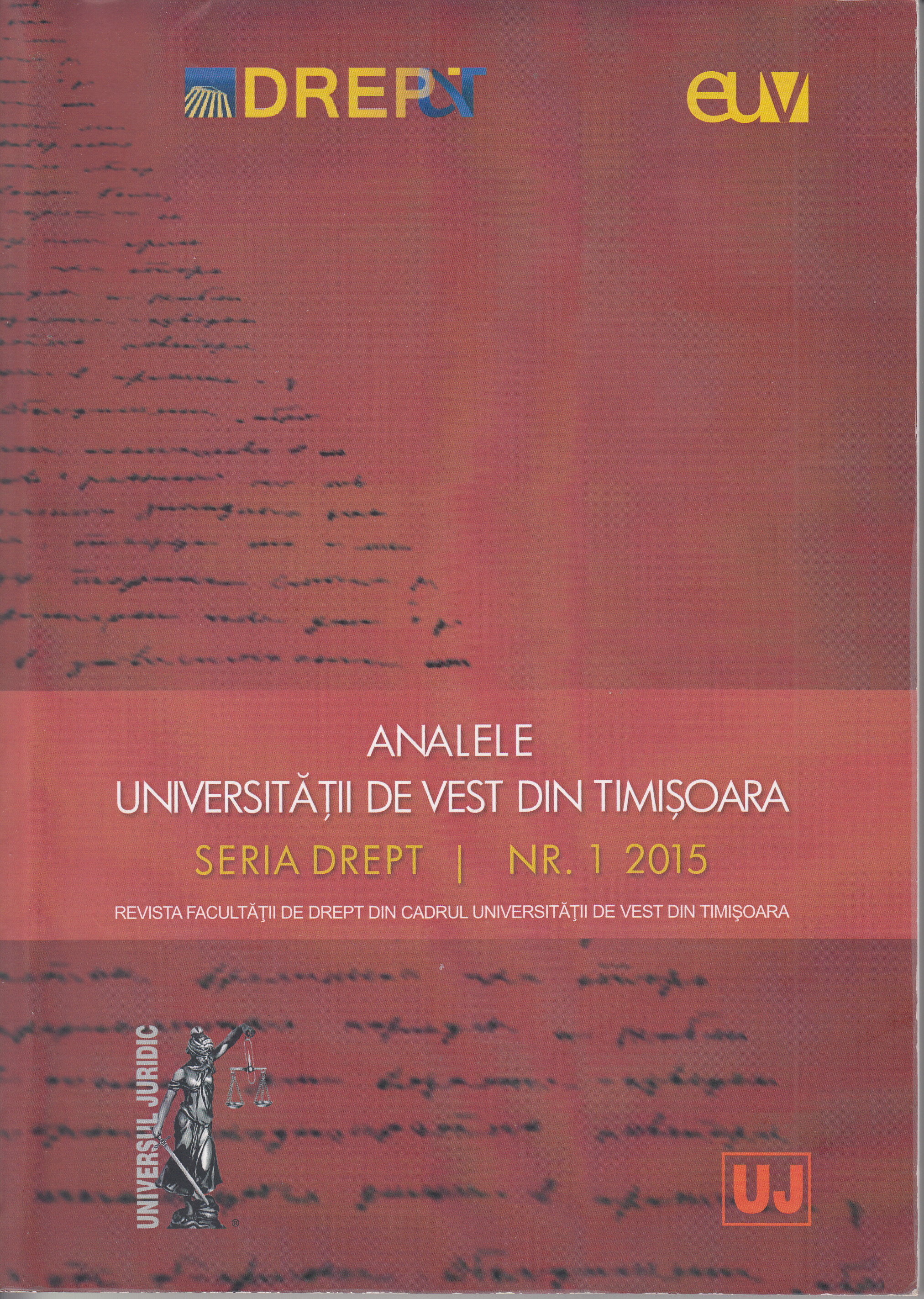Personalitatea juridică a colectivităţilor ca graniţă de sistem.
De ce economiştii descriu organizaţiile mai bine decât juriştii
The legal personality of collectivities as a system boundary.
Why economists describe organizations better than lawyers
Author(s): Lucian BojinSubject(s): Law, Constitution, Jurisprudence
Published by: Universul Juridic
Keywords: corporate personhood (legal personality of collectivities); organization; stakeholders; shareholders; systems theory; boundaries
Summary/Abstract: The function of the legal personality assigned to certain collectivities was to ease the relations between such collectivities and the third parties. Because of their legal personality, the collectivities appeared to the third parties as single entities, as single subjects, and not as pluralities of individuals (as they were). The benefits of such an approach are obvious in terms of simplification of relations and in terms of legal certainty of promises. But the same approach created problems in adequately conceiving the relations between the members of the collectivities and, especially, between them and the third parties. The legal personality operates as a membrane that separates those within the collectivity and those outside, while in real life such separation is not always that obvious. The systems’ theory seems apt to explain the phenomenon of the legal personality acting as a membrane. In systems’ theory, every system is separated from its environment by a boundary. From this perspective, organizations are analyzed as systems and they are, as well, separated from their environment by a boundary. The life of an organization is not, however, restricted to its internal activity but comprises also relations with actors outside the system. It appears that the legal personality plays the role of drawing the boundary of the organization which it individualizes as a system. The actors “left outside” the organization, but which maintain relations with it, are what we call “stakeholders” in corporate law. The concept of “stakeholder” represented an important challenge for the classic corporate law doctrine, but it can be swiftly accommodated with it using the explaining tools of the systems’ theory.
Journal: Analele Universității de Vest din Timișoara - Seria Drept
- Issue Year: 2015
- Issue No: 1
- Page Range: 36-45
- Page Count: 8
- Language: Romanian

